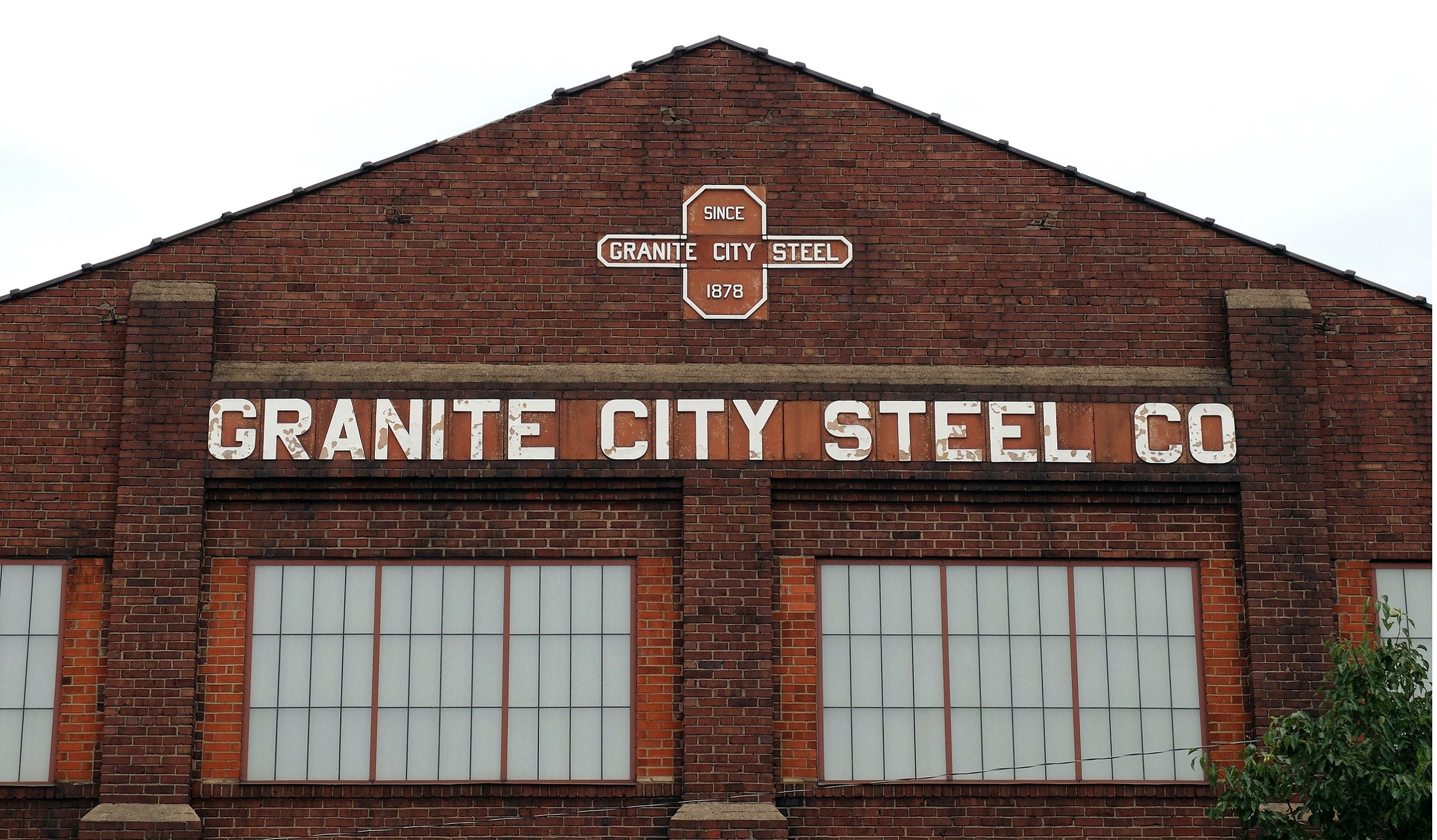Steel and aluminum may win in the short term, but steel-and-aluminum users and consumers lose.
By: Larry Kudlow, Arthur B. Laffer & Stephen Moore – nationalreview.com – March 3, 2018
Steel and aluminum may win in the short term, but steel-and-aluminum users and consumers lose.
One of the ironies of trade protectionism is that tariffs and import quotas are what we do to ourselves in times of peace and what foreign nations do to us with blockades to keep imports from entering our country in times of war.
Or consider that we impose sanctions on U.S. enemies such as North Korea, Russia, and Iran because we want them to feel the economic pain of being deprived of imports.
Trump To Push For ‘Reciprocal Tax’
But now we are imposing sanctions on our own country, putting up tariffs supposedly to make Americans more prosperous. If ever there were a crisis of logic, this is it.
President Donald Trump genuinely believes that his steel and aluminum tariffs will save thousands of blue-collar jobs. And we know from our interactions with him that he truly cares about these workers in Pennsylvania, Ohio, and other Rust Belt states. We do, too, and we don’t want factories to shut down.
But even if tariffs save every one of the 140,000 or so steel jobs in America, they put at risk 5 million jobs in industries that use steel. These producers now have to compete in hyper-competitive international markets using steel that is 20 percent above the world price and aluminum that is 7 to 10 percent higher than the price paid by our foreign rivals.
Steel and aluminum may win in the short term, but steel-and-aluminum users and consumers lose.
Tariffs are really tax hikes. Since so many of the things American consumers buy today are made of steel or aluminum, a 25 percent tariff on these commodities may get passed on to consumers at the cash register. This is a regressive tax on low-income families.
Meanwhile, up to 5 million jobs will be put in harm’s way. And if U.S. steel-and-aluminum-using industries sell less to foreigners, the trade deficit goes up, not down.
Trump should also examine the historical record on tariffs. If he does he’ll see they have almost never worked as intended and have almost always delivered an unhappy ending.
The Smoot-Hawley tariff of 1929 was signed into law by Republican president Herbert Hoover. It gave us the Great Depression and worsened it along the way.
Richard Nixon’s 10 percent import surcharge contributed to the stagflation of the 1970s.
George W. Bush tried to save the steel industry by imposing tariffs on steel. If those tariffs had worked, we wouldn’t be having this discussion today.
Remember when we tried to save the color-TV industry with protectionist measures? Instead of saving it, we wiped out domestic production.
We aren’t persuaded by the Trump administration’s claim that we need to impose these tariffs for national-security reasons. Despite stiff competition from imports, many specialty steel producers are doing just fine, and are actually exporting steel to Mexico and Canada.
Meanwhile, Canada is the number-one exporter of steel to the United States. Does anyone really believe Canada is a national-security threat?
And tariffs, to be sure, are a two-way street. Canada and Mexico are now threatening retaliatory tariffs against America. This tit-for-tat trade breakdown could put NAFTA in serious jeopardy, inflict severe economic damage on all three nations, and spark a stock market meltdown.
Trump should continue to make American producers more competitive in global markets with tax-, regulatory-, energy-, and other pro-America-policy changes that bring jobs and capital back to the United States. This is happening at a furious pace right now. Almost overnight, Trump has made America the best and most reliable place in the world to invest. But steel and aluminum import tariffs work decisively against this goal.
In the early 1980s President Ronald Reagan invoked anti-dumping provisions against Japanese steel. It was one of the few decisions he later confessed he wished he hadn’t made.
Trump will come to learn the same thing. We hope he does so sooner, not later.
To see this article, click read more.
Source: Trump Tariffs Hurt Steel and Aluminum Users and Consumers
 Listen Online
Listen Online Watch Online
Watch Online Find a Station in Your Area
Find a Station in Your Area










 Listen Now
Listen Now Watch Online
Watch Online
